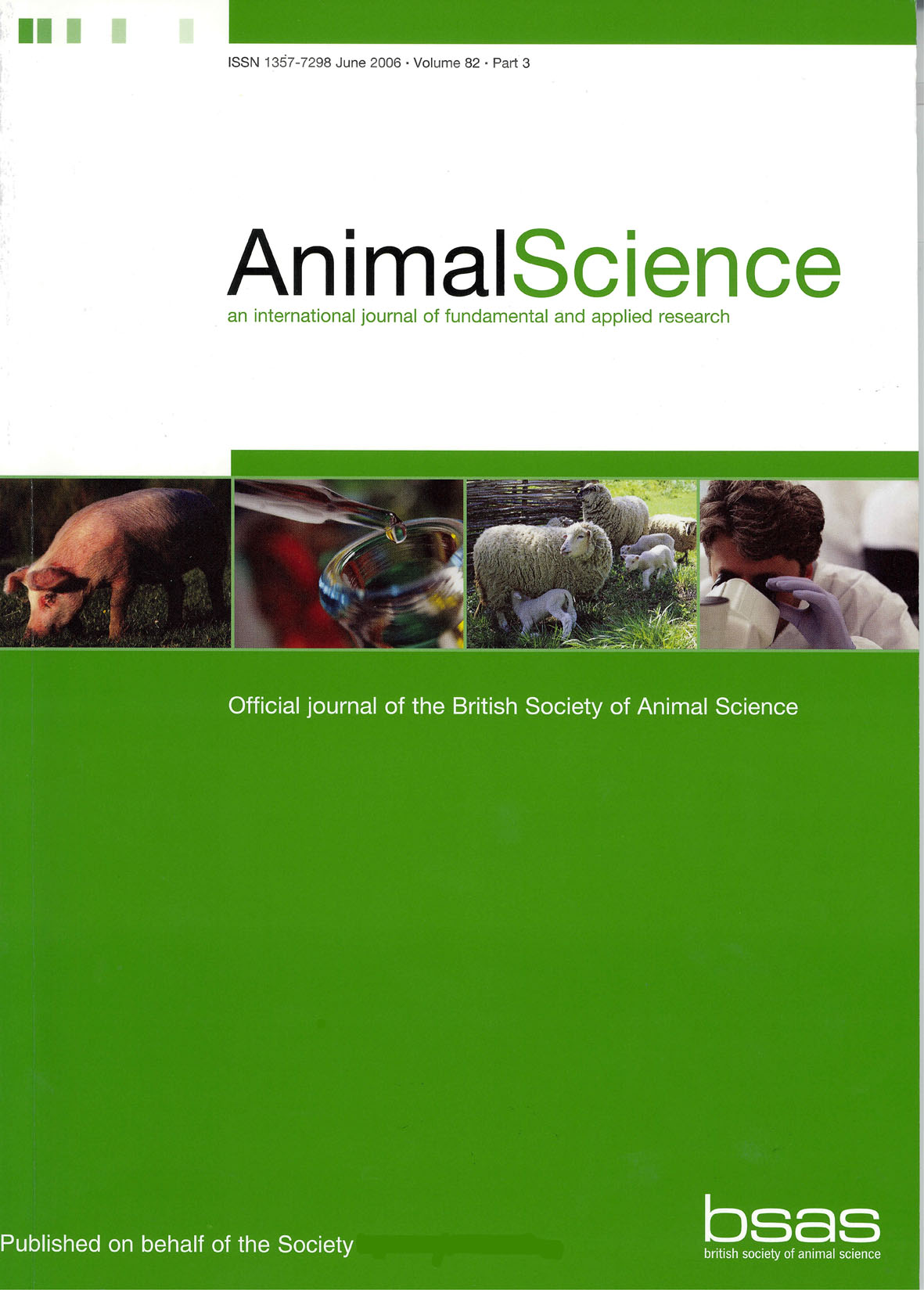Article contents
Resistance to body cooling in male and female sheep, and the effects of previous exposure to chronic cold, acute cold and repeated short cold shocks
Published online by Cambridge University Press: 02 September 2010
Summary
Twenty-eight female and 26 uncastrated male Scottish Blackface sheep were shorn and subjected to two acute cold exposures one week apart. Between exposures and for one week before the first exposure the sheep were kept either at +30°C (thermoneutral), or at +8°C (subcriticai), or at + 30°C with daily short cold shocks. Food intakes were restricted.
Females showed significantly greater resistance to body cooling than males during both acute exposures.
Both males and females showed acclimatization (increased resistance to body cooling) as a result of the first acute exposure.
Exposure to +8°C for one week did not produce significant acclimatization. Exposure to +8°C for two weeks tended, in females only, to increase acclimatization above that resulting from the first acute exposure.
Daily short cold shocks reduced cold resistance and inhibited acclimatization in females, but had little effect in males.
The male sheep lost significantly more weight during treatment and became thinner than the females. It was suggested that this, and their low cold resistance, might be related to a lesser ability of males to store fat as a subsequent source of energy.
- Type
- Research Article
- Information
- Copyright
- Copyright © British Society of Animal Science 1970
References
REFERENCES
- 10
- Cited by


